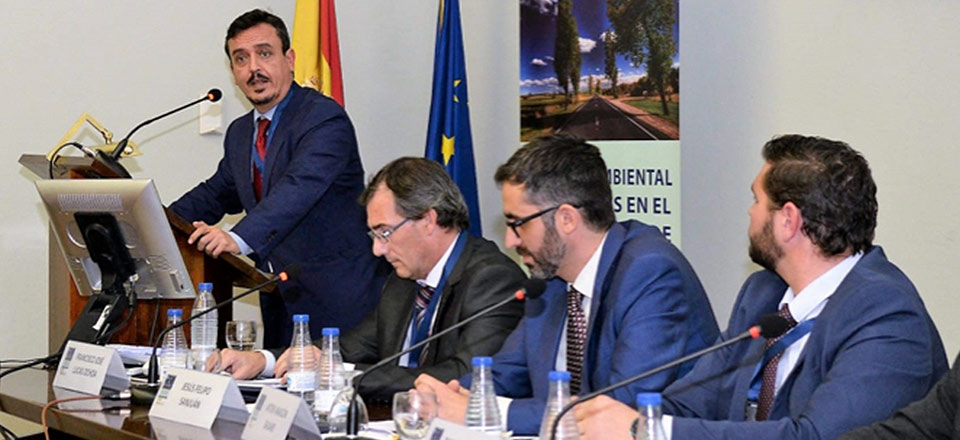Lubricants, Asphalts, and Specialized Products – Conferences organized by Spain’s Ministry of Public Works and Transport and the ATC
Debate with experts from across Spain about sustainability around the roadways
- What impact do roadways have in terms of energy, materials, and the environment? How can we optimize their benefits and minimize negative conditions? In pursuit of how to address these concerns we’ve participated in a series of conferences on technical matters promoted by the Spanish Ministry of Public Works and Transport.

Titled “Environmental Analysis of the Life Cycle Costs of Pavements and Other Road Surfaces,” these conferences in Madrid included a range of relevant players ranging from everyday users of roadways representatives from the construction industry, planning, and public administration. Among those participating was Francisco Lucas, senior manager of Technical Assistance and Business Development from the Asphalts area and also secretary of the Technical Roadways Association’s (ATC) Road Surfaces Committee.
Francisco Lucas moderated a roundtable discussion that debated the position of the business community regarding roadway sustainability as a challenge to be met.
Much was made of manufacturers of bituminous mixtures and their commitment to sustainability, which they are meeting through the development of more sustainable techniques such as reducing the temperatures used in creating the mixtures or adding residues so they can be used twice. The issue of communication between the private sector and public authorities also received attention, specifically that it must be more fluid in order to rise to the challenge of sustainability, for the private sector to remain prepared, and use it as an opportunity for improvement.
The conferences were held in Madrid’s Center for Technical Research and Application (CETA). In attendance were experts from various government ministries; regional, provincial, and municipal governments; and universities across Spain, as well as organizations such as AENOR (the Spanish Association for Standardization and Certification) and companies such as FCC Construcción and Acciona Construcción, among others.
